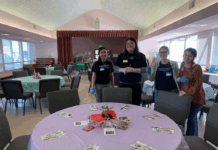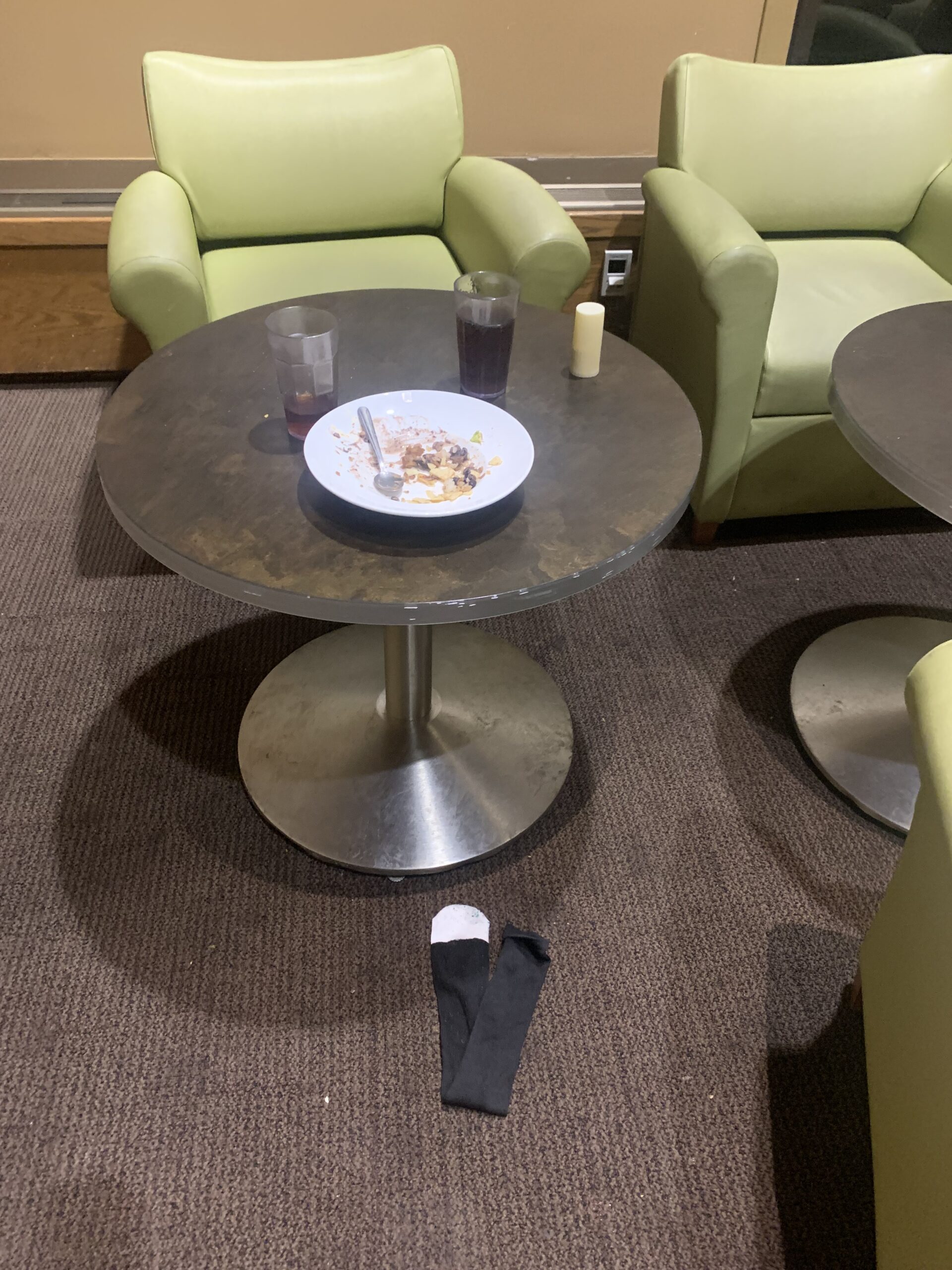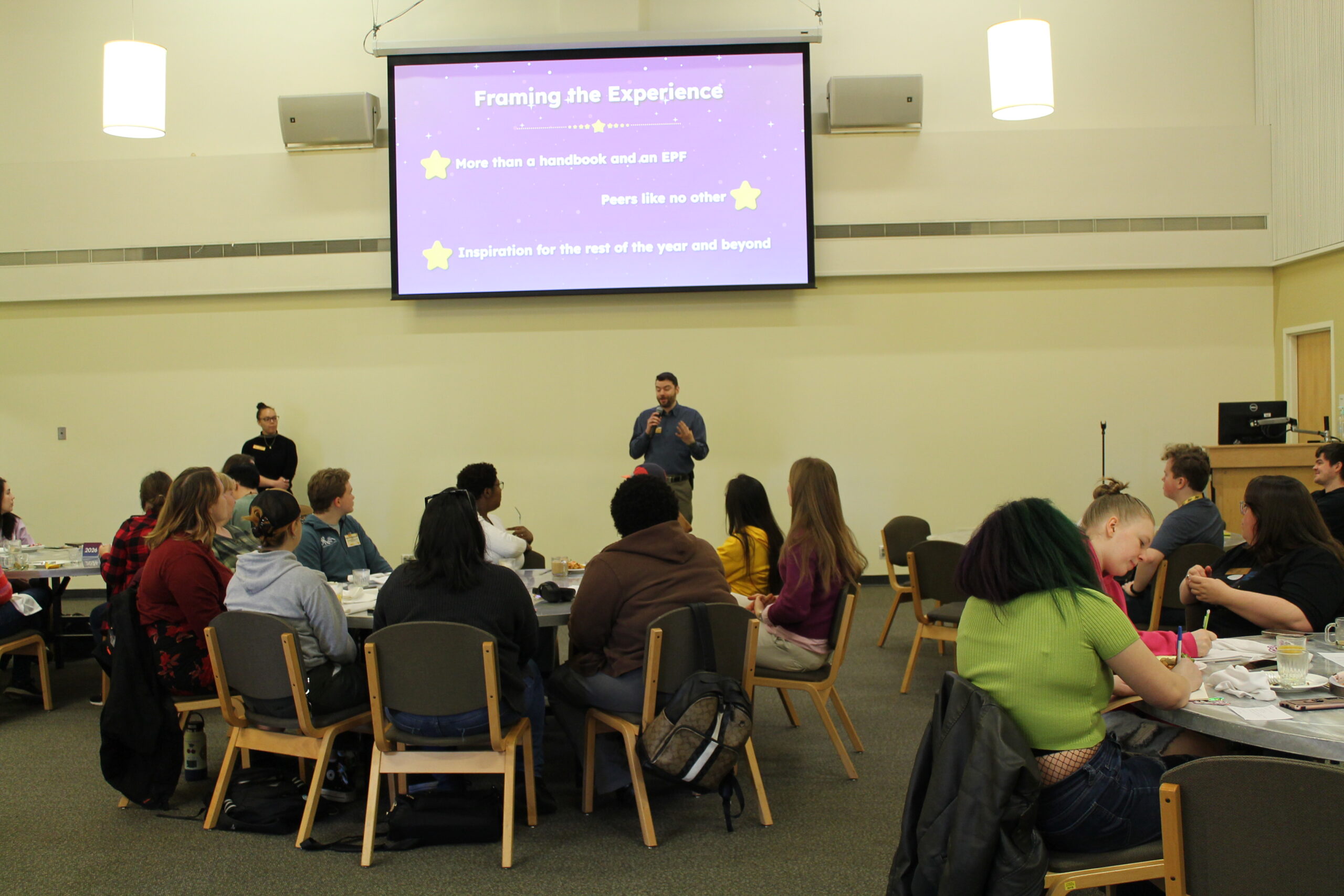By Emily Groseclose
We can probably all agree that those working in the medical industry are doing the most to keep us safe right now. For some reason, a few people believe that what we’re doing to flatten the curve is a breach of human rights, masks are useless, and the virus isn’t as bad as we’re making it. Talk to any first responder and they’ll say this isn’t true.
My dad is a volunteer ambulance driver and maintenance officer for our community’s all-volunteer first responder team. We live in Juliaetta, Idaho, a small town of about 600 people that combines with another town, Kendrick, of about 300 people to form our community. I graduated in a class of about 24 people. You get the gist.
In a town that small, it’s hard for the city to fund a 24/7 paid first responder team. Especially when the nearest hospital is over half an hour away. Because of this, we have an ambulance crew of 10 volunteers, many of whom have gone through the process of becoming an EMT.
Since COVID-19, the crew has gone through significant changes in protocol and it hasn’t been easy. I interviewed my dad, Ryan Groseclose, about the ins and outs of going on a run and being a part of the team, and he gave some very interesting insight.
First off, our county usually provides the ambulance with all of its medical supplies, but lately it’s been slacking. While the county has provided the ambulance with protocol for how to respond to a call, our ambulance crew had three weeks where they didn’t have the right supplies. After those three weeks, the crew had to rely on a different small city’s supplies in order to get the supplies that they needed to respond to calls, and they may still be running on those.
Second, the county hasn’t addressed personal cleanup after an ambulance run.
“We need to have a designated laundry facility and you need to strip down and shower before you ever get in your rig and come home,” said Groseclose. None of this has been addressed by the county, and, while our crew has discussed this issue, there’s no way that our city could pay for those facilities, and the county won’t provide it either.
While the world is standing on their balconies clapping for nurses, doctors, and first responders, those essential workers are not being provided with the supplies, materials, and protocol that they need to ensure their own safety and the safety of their families. Clapping is not going to provide those people with what they need, so, if you can, please ask your local hospital/ambulance crew what they need and try your best to provide.

















